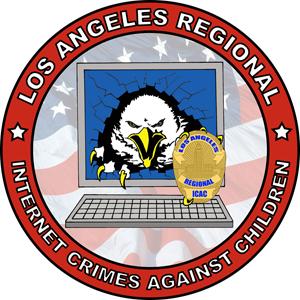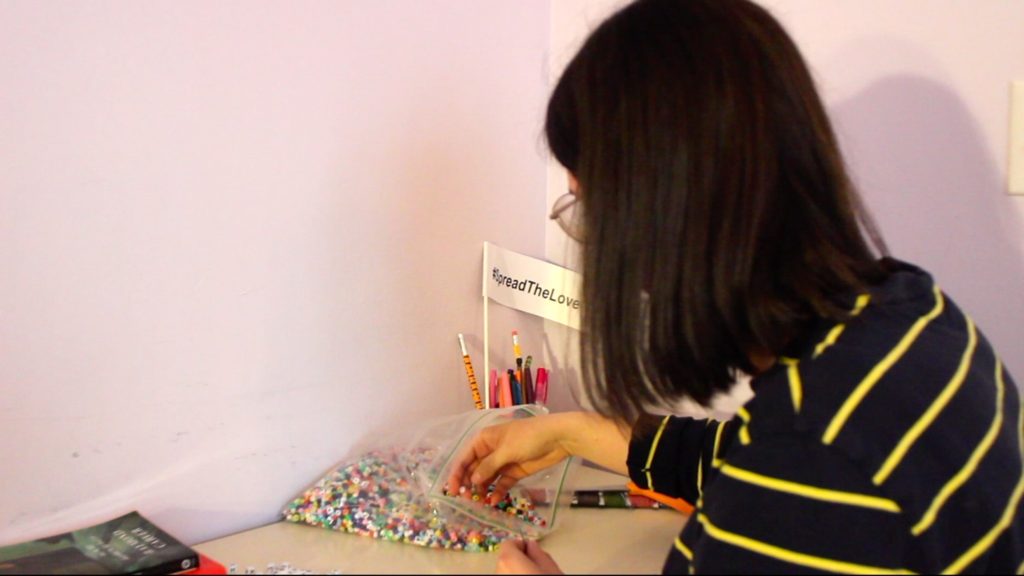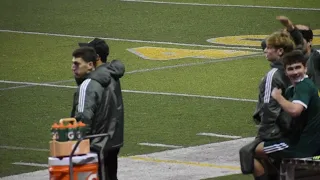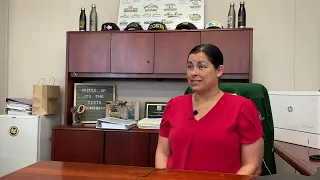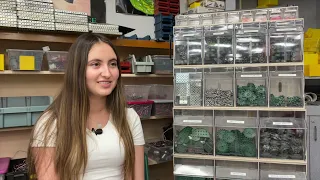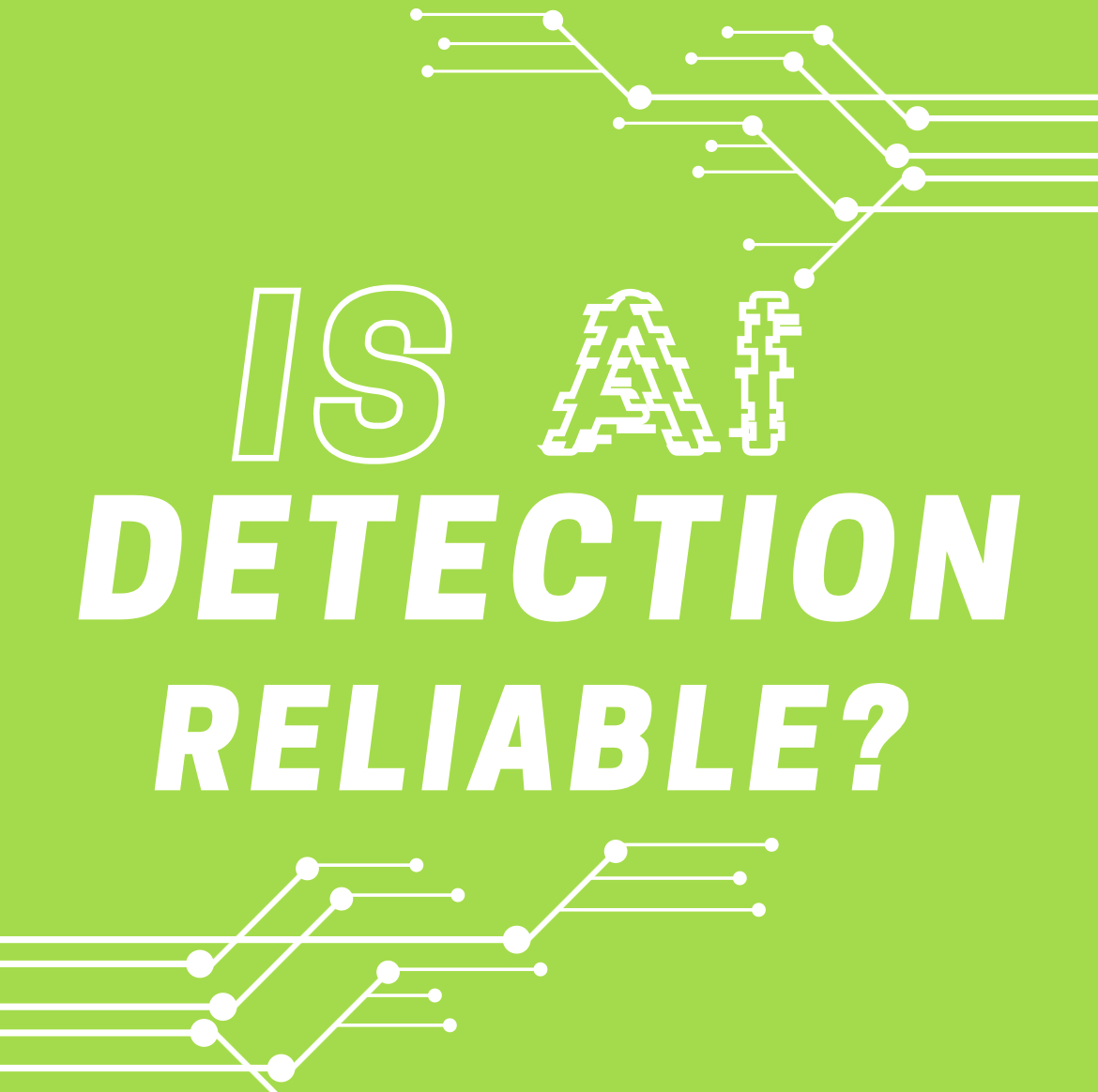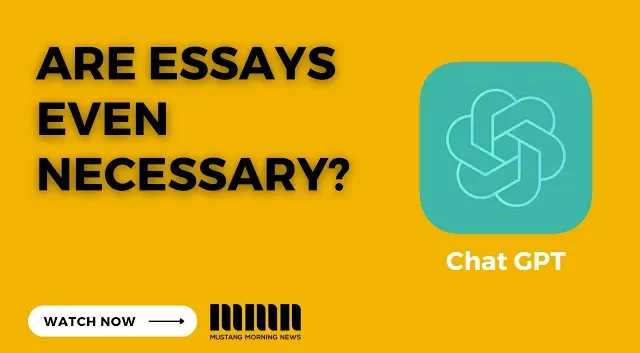With new advanced technology giving children more power in the palm of their hands than the President of the United States had twenty years ago, parents are becoming more concerned about the dangers their child or teenager could encounter when using the Internet unsupervised. So how can they protect their children from the online uncertainties?
On December 4, from 7 to 8 p.m. in the Manhattan Beach Middle School Multi-Purpose Room, the MBPD, representing the Los Angeles division of the Internet Crimes Against Children Task Force Program (ICAC), spoke to local parents giving an overview of the program and the importance of being aware of their children’s internet activity. “Parents need to be more aware of how easy the internet makes it for a stranger to contact their children, and they need to know how to talk to their children about this important topic and what to look for to keep their children safe online,” said Manhattan Beach Detective Sergeant Paul Ford.
The ICAC Task Force, a national network of 61 coordinated task forces (at least one in every state) representing over 3,000 federal, state, and local law enforcement and prosecutorial agencies working to catch child pornographers and sexual predators who solicit victims through chat rooms, forums and other online mediums, was formed by the U.S. Department of Justice’s Office of Juvenile Justice and Delinquency Prevention in 1998 due to an exponentially increasing number of children and teenagers using the internet. According to the Manhattan Beach police statement, last year alone ICAC investigations led to more than 5,700 arrests and more than 45,000 forensic examinations. However, with internet no longer only accessible through computers, but through devices such as iphones and ipads, children and teenagers have more opportunities to be exposed to online dangers. For example, today approximately twenty percent of teenagers participate in “sexting,” or texting/online messaging nude pictures. What these teenagers don’t realize is that what they are doing is called “child pornography,” and if discovered can result in becoming a registered sex offender.
Parents can help their children by making sure their children and teenagers know the standard rules of internet use: do not agree to meet someone you met online face to face, do not send pictures or give out any identifying information, do not respond to messages that are suggestive, obscene, or harassing and do not open attachments from emails you don’t recognize. “I can tell my kid all of these things, but kids still don’t know morally the boundaries of how to be mature with technology,” expressed a Mira Costa High School parent. If parents still aren’t comfortable with their children’s use of the internet, there are options such as requesting all of your child’s usernames and passwords, securing your wifi, or keylogging, a software based program that allows you to track every keystroke on a computer.
For any questions or advice call Student Resource Officer John Loy at Mira Costa High School at (310)318-7337 ext. 5249.
by: Gracie Markland



